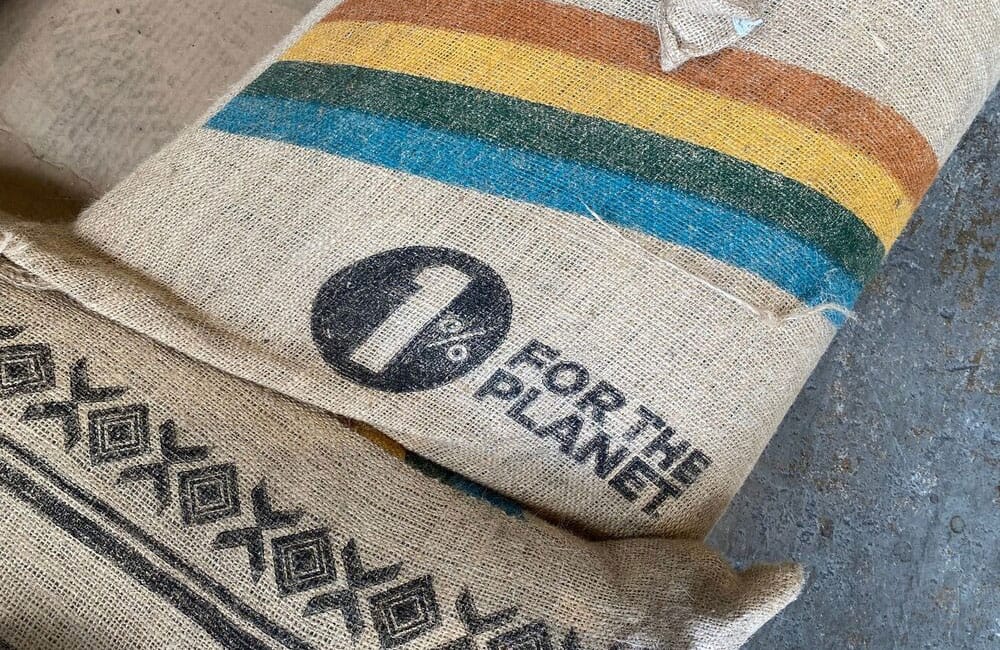| Huehuetenango | |
| 1,750 – 1,850 masl. | |
| Caturra | |
| Washed | |
| Alonso Ramírez |
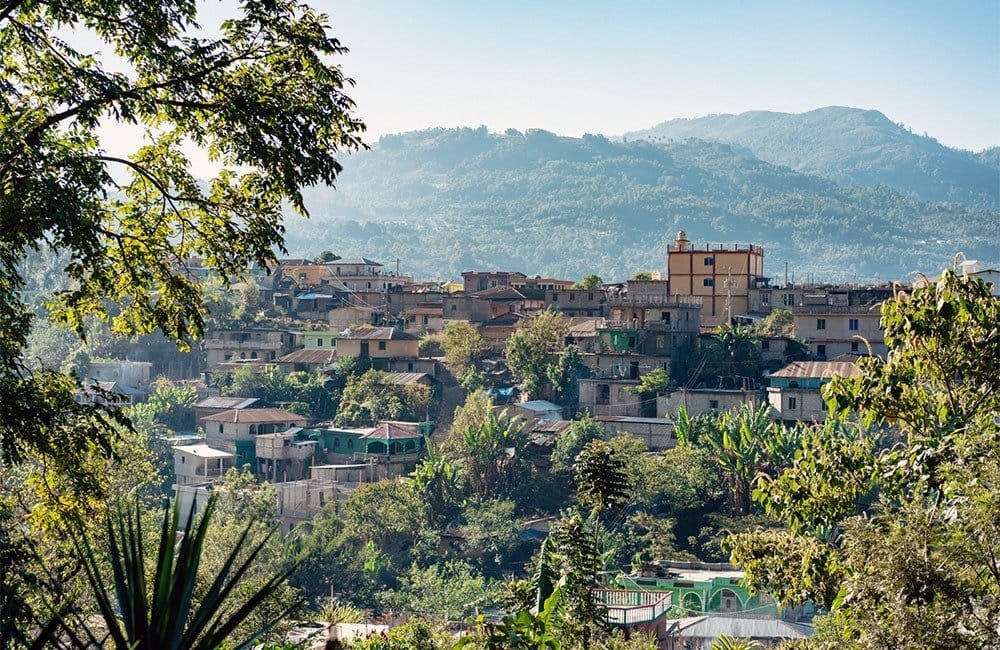
To grow a specialty coffee there are many elements that have to be present.
From the variety of coffee trees chosen, to the height, the climate, the terrain or the know-how of the coffee growers.
The Mumuxa farm, where this coffee was cultivated and which shares its name, has all the necessary characteristics.
The farm is located at an altitude between 1,750 and 1,850 metres above sea level near the town of Concepción Huista, in the Huehuetenango region of eastern Guatemala.
It has an average temperature between 16 and 22 degrees and a rich wooded terrain where coffee plants grow.
The coffee trees have a lot of shade, which favours a slower maturation; and with abundant rain during the season.
If we add to all this the know-how of Alonso, owner of the farm and coffee grower, the result is an excellent specialty coffee.
Alonso and the Mumuxa farm
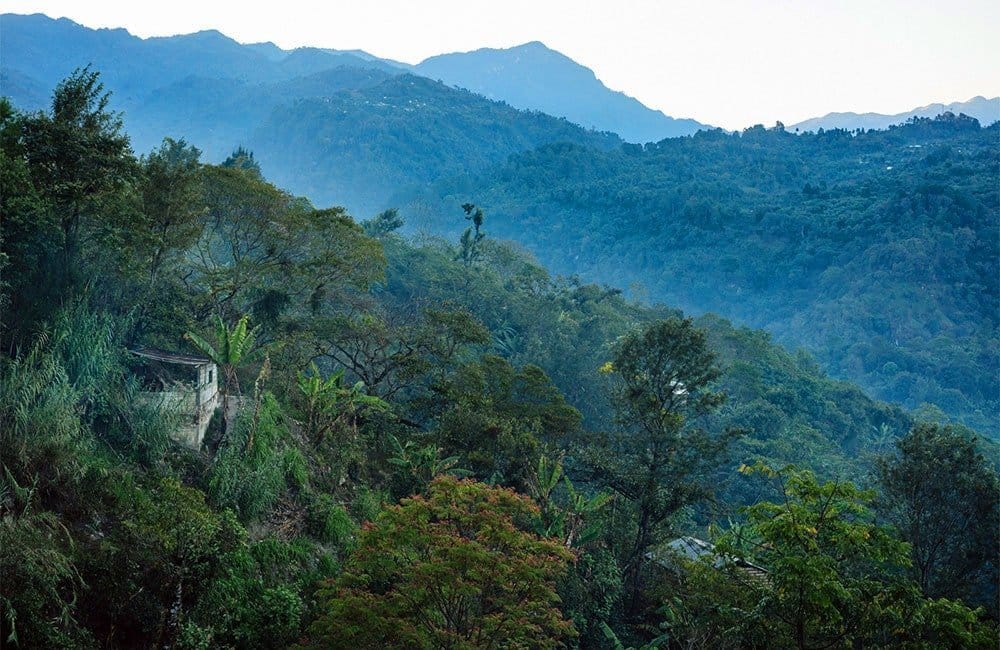
His father had dedicated himself to growing traditional foods in this region, such as corn or beans.
When Alonso inherited the farm, he changed the crops for others that could give him more benefits and improved his family quality of life and those who worked with him.
He chose to cultivate coffee and after a period of learning and adaptation he decided to dedicate himself to the cultivation of specialty coffees.
Specialty coffee requires special attention and care in addition to following a rigorous washing and drying process.
Coffee processing in Guatemala
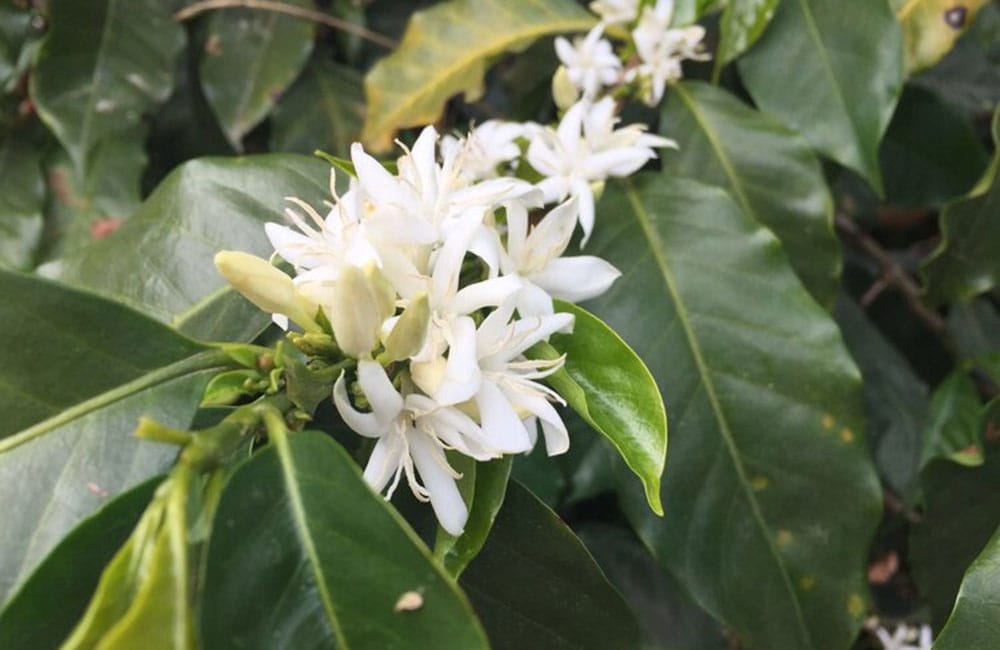
But in Alonso’s case, on his own farm he has been able to include all the necessary tools for coffee processing. This has an added quality benefit as well as an economic one
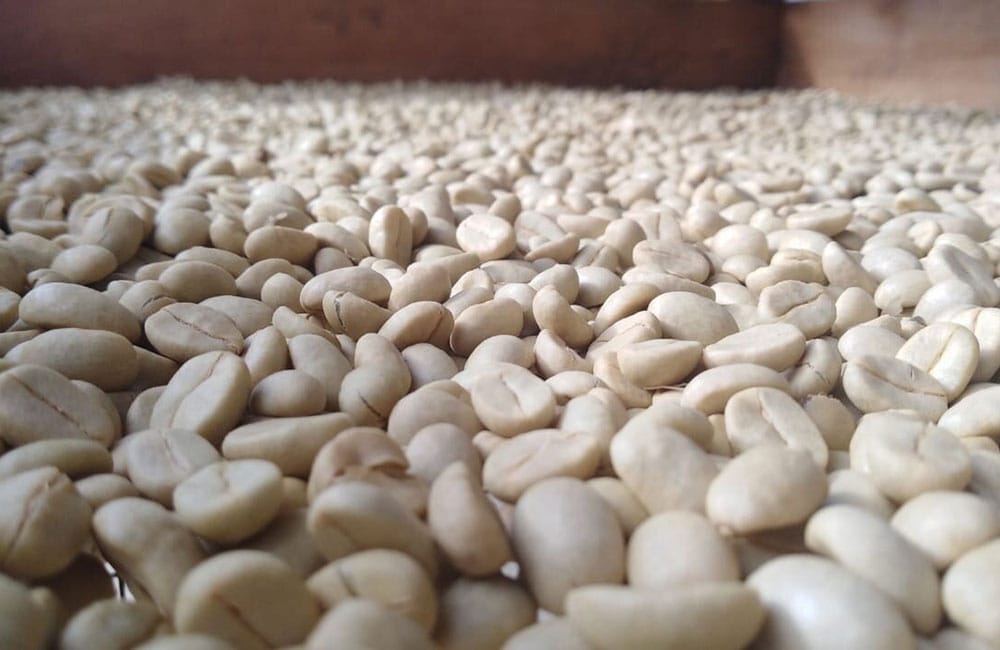
And, by processing it and selling it themselves ready for export, they make a bigger profit.
Alonso and his team use natural tools, such as the use of microorganisms naturally present in the earth, to strengthen the plants. This also helps maintain the natural ecosystem of the environment.
How coffee is processed at Mumuxa farm
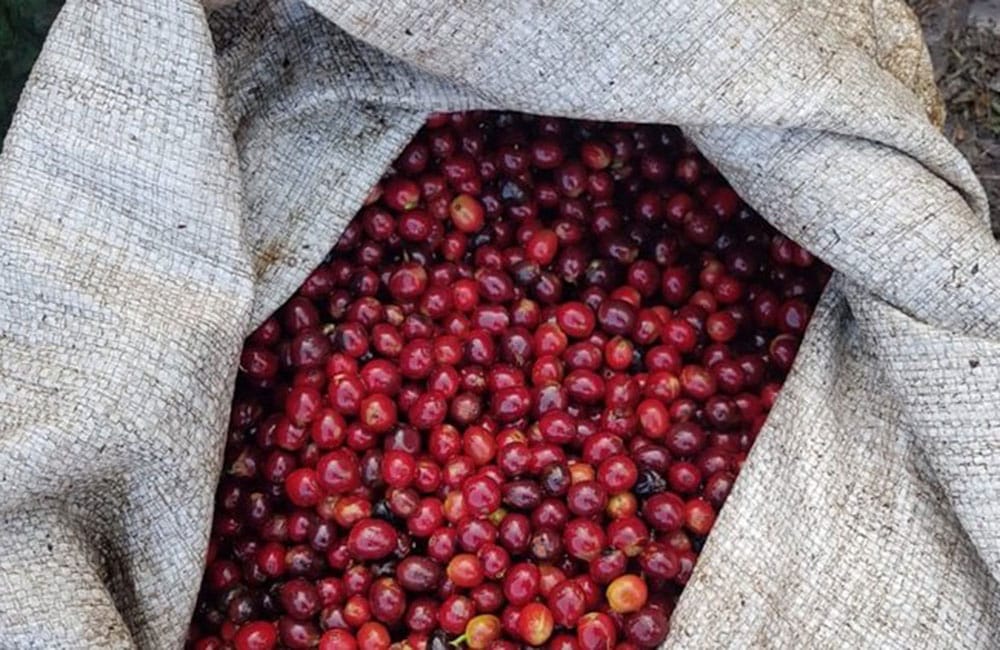
Once collected, they are pulped about five hours later.
Once pulped, the coffee seeds undergo a dry fermentation.
They are left in a tank for about 32 hours before being washed with water from a nearby spring to remove any remaining mucilage.
When the seeds have fermented and are completely clean, they are put to dry in one of the farm’s patios.
The process takes about five days and they are exposed to the sun for 9 hours each day.
During this time the seeds should be turned frequently to ensure uniform drying.
Once the seeds are dry, they are stored in clean bags and are ready to be exported.
Cooperative El Sendero
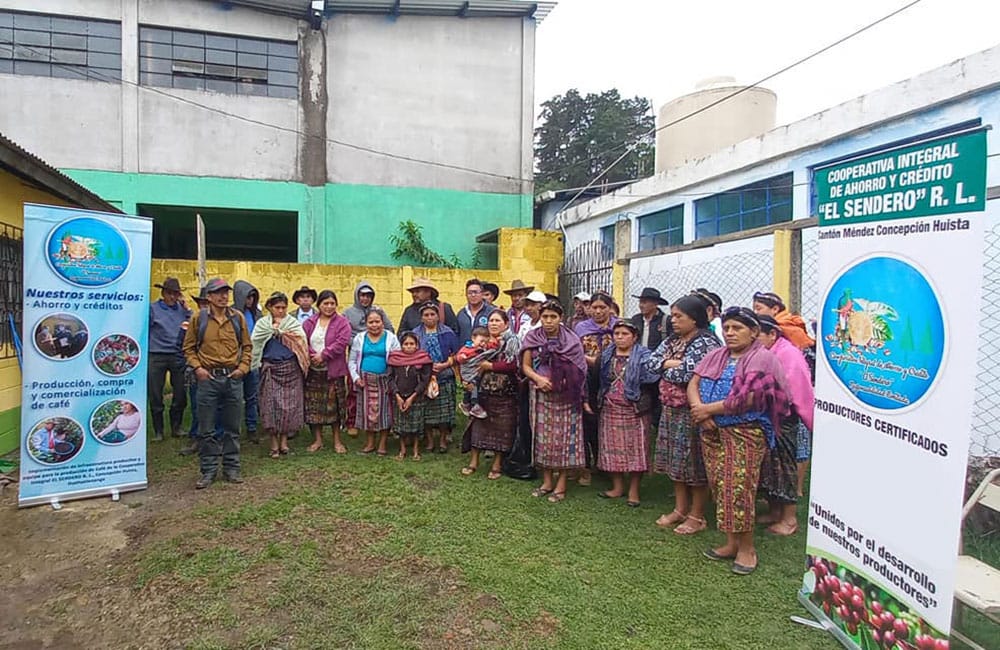
The cooperative, in addition to helping small producers, ensures equal conditions between men and women and helps young producers to get established.

